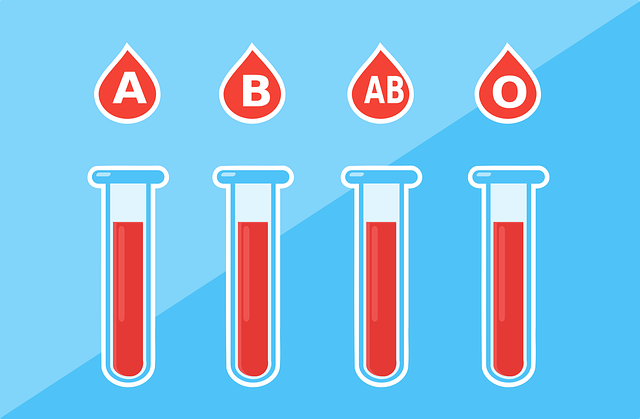
In a new study, researchers found that people with blood types A and B may have higher risks for developing dangerous blood clots compared to people who have type O blood.
They also showed a slightly higher risk for certain types of heart disease among the A and B groups.
Previous research has shown a likely link between heart disease and the ABO gene that exists in people with A, B or AB blood types, but not in people with type O blood.
For example, a 2017 preliminary study showed people with the ABO gene are at higher risk of a heart attack during periods of heavy air pollution.
The new study tested more than 400,000 people and found that compared to people with type O blood, those with types A or B had a combined 8% higher risk of heart attack and a 10% increased risk of heart failure.
But the biggest difference had to do with blood clots in the veins.
Compared to people with type O blood, individuals in the type A and B groups were 51% more likely to develop deep vein thrombosis and 47% more likely to develop a pulmonary embolism.
Deep vein thrombosis – clots usually occurring in the leg – and pulmonary embolism – when a clot travels to the lungs – are two of the most common vascular diseases.
They affect as many as 900,000 Americans each year, resulting in 100,000 deaths.
Having type A or B blood did however lower the risk of high blood pressure by 3% compared to those with type O blood.
These findings could have implications for personalized medicine.
Determining someone’s blood group is relatively easy, low in cost and widely used. Doctors might use this information in the prevention and treatment of heart disease, and medical professionals can consider including blood group information in future trials for risk and treatment approaches.
The team says people with blood types A and B need to be aware that surgery, trauma, and immobilization increase the risk of blood clots.
Everyone can lower their risk by maintaining a healthy weight and diet and exercising regularly.
The lead author of the study is Hilde Groot, an MD/PhD student at the University of Groningen in the Netherlands.
The study is published in Arteriosclerosis, Thrombosis, and Vascular Biology.
Copyright © 2020 Knowridge Science Report. All rights reserved.



